Built To Frag editors select and review products independently. If you buy through our affiliate links, we may earn commissions, which help support our Testing and keep the site up.
Advertisement
Advertisement
Advertisement
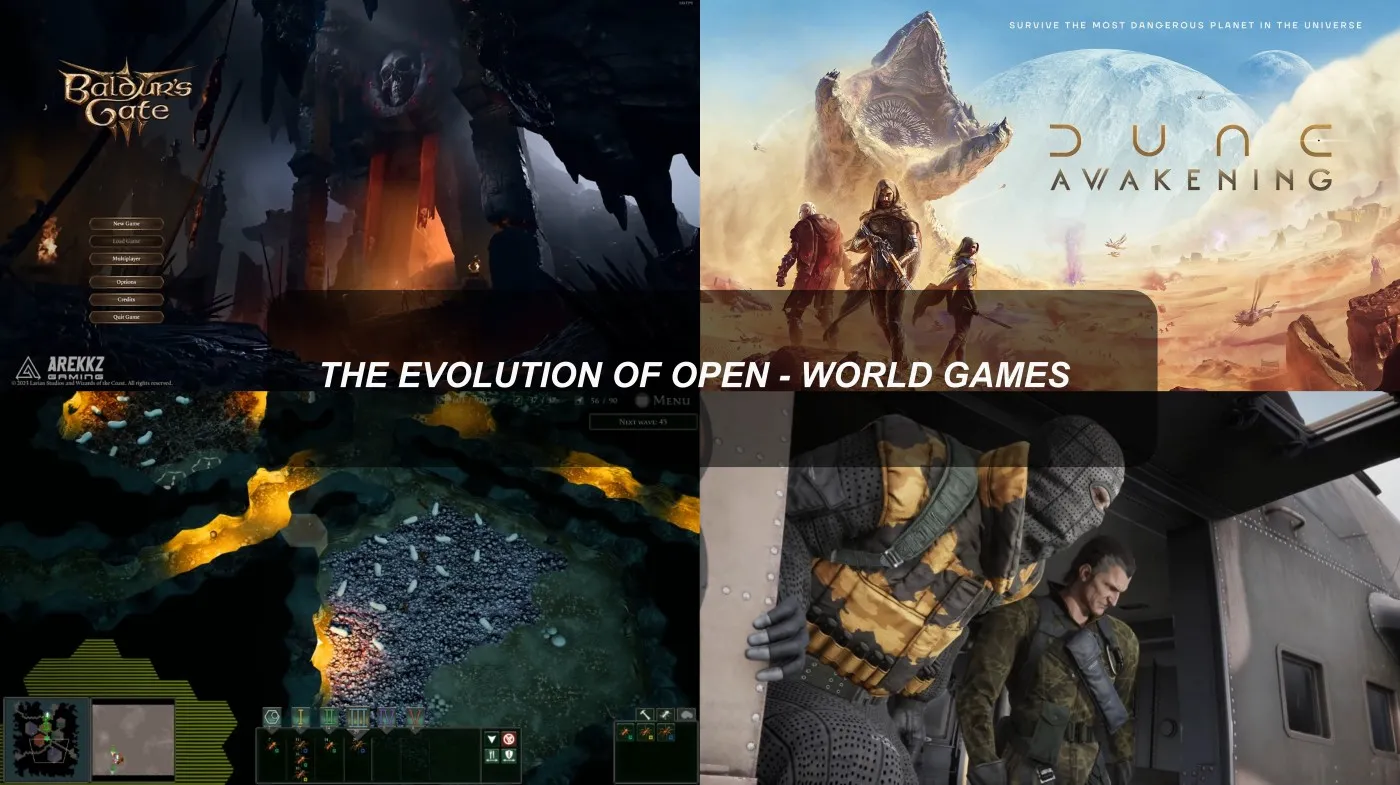
Every publisher wants their own Skyrim moment. You know, that mythical open world so immersive that players forget what sunlight feels like. But as open-world games evolved, the dream of endless freedom got tangled in systems, bugs, and, well, a lot of map markers. Still, in 2025, the genre dominates PC gaming, and it’s not slowing down. The evolution of open world games is less about size now and more about systems, simulation, and player freedom.
From Morrowind to Baldur’s Gate 3, and from Dune Awakening to Kingdom Come Deliverance 2, PC players have shaped how these games evolve. What used to be about exploration has become a study in cause and effect, where choice, consequence, and chaos define the experience. Let’s dig into how open worlds got smarter, stranger, and way more personal.
Freedom used to mean “go anywhere.” Now, it means everything reacts. Developers have stopped chasing map size and started designing immersive open world games that let players break systems instead of boundaries. The most realistic open world RPGs no longer hand you a checklist, they hand you a problem and dare you to solve it your way.
In Kingdom Come Deliverance 2, realism is the leash that tames freedom. Every choice feels grounded, drink too much, fight poorly, or miss your mark, and the world reacts. It’s a far cry from the godlike power fantasies of early sandboxes. Meanwhile, Baldur’s Gate 3 shows how player-driven storytelling keeps the genre alive through modding and crossplay improvements.
Modern PC players crave story-driven open world games that make freedom feel earned. We don’t just want choice, we want consequence. And that’s where the genre still shines brightest.
Once upon a time, “open-world innovation” meant adding another square kilometer of pointless forest and calling it progress. Now, it’s about systems — the invisible gears that make the world feel alive. Weather that ruins your stealth plan halfway through a mission. NPC economies that tank because you bought every loaf of bread in town. Factions that don’t just remember your betrayal — they organize a hit squad over it.
Welcome to the age of systemic gameplay, where cause and effect finally matter. Every action feeds the machine, every decision sends ripples through a living sandbox that no longer needs a script to surprise you. It’s not about size anymore — it’s about simulation. And for once, that’s a trade gamers are actually fine with.
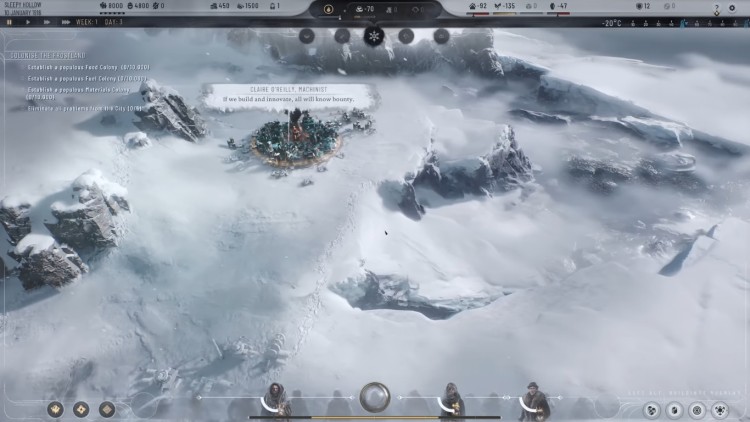
Take Frostpunk 2. It trades cinematic spectacle for brutal simulation, forcing you to manage survival and politics at the same time. It’s not about map size, it’s about moral math. Likewise, Empires of the Undergrowth proves that even a colony of ants can outsmart AAA studios when it comes to depth and replayability.
This is where simulation in open world design hits its stride. Players now measure immersion by how unpredictable a world can be. The best open world PC games don’t need explosions, they need consequences.
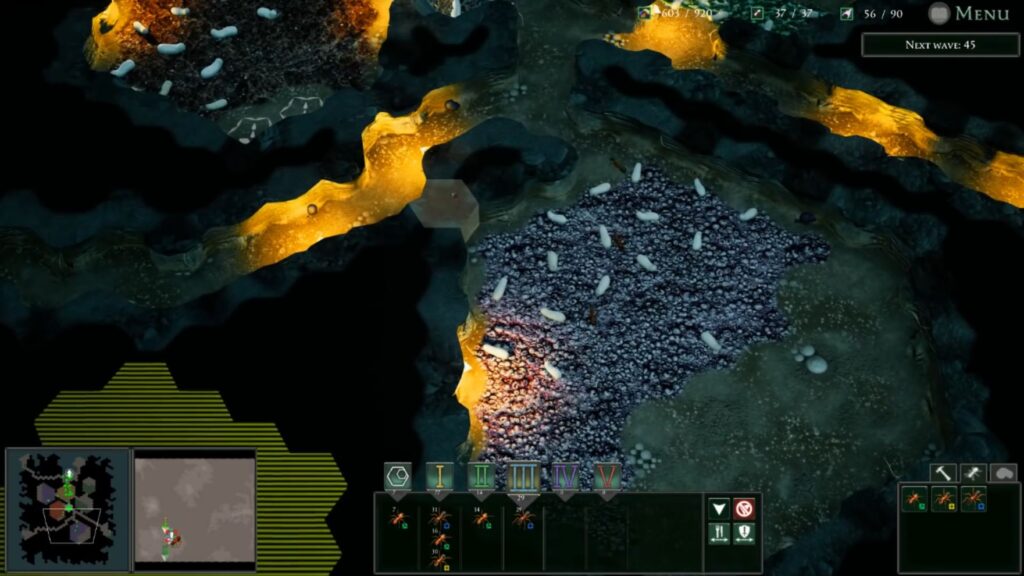
Single-player open worlds are evolving into connected experiences. Studios want to merge narrative depth with MMO persistence, creating living worlds that never stop ticking. It’s risky but exciting—the next logical step in the evolution of open world games.
Dune Awakening is one of the first real tests. It blends survival mechanics, crafting systems, and an MMO framework in a desert that punishes hesitation. It’s proof that online open world MMOs can still feel personal when they prioritize immersion over grind.
Persistent worlds also mean shared chaos. You can build, craft, and conquer—but so can everyone else. That tug-of-war defines the future of open world gaming: shared stories, real stakes, and unpredictable player-driven drama.
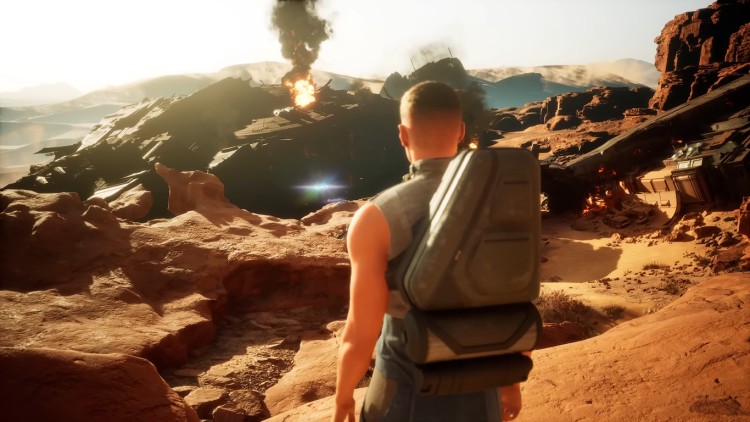
The last few years proved one thing: nostalgia sells, but not if it’s lazy. As studios revisit classic sandboxes, the goal isn’t just a prettier version, it’s a smarter one. The evolution of open world games has reached the point where even remakes feel experimental.
Metal Gear Solid Delta nails this balance. It rebuilds a legendary stealth sandbox on modern tech without losing the edge that made it iconic. The new next-gen game engine doesn’t just retexture, it rethinks player movement, AI reactions, and environmental interaction. It’s nostalgia with a brain.
As more franchises re-enter the scene, we’ll see fewer simple remasters and more full-blown reimaginings, games that use the lessons of the past to build smarter, more reactive worlds. Players are no longer satisfied with nostalgia dressed up in higher resolution; they want mechanics rebuilt from the ground up. We expect open world remakes that rethink AI behavior, environmental storytelling, and player agency, not just smoother frame rates. The industry finally seems to understand that the evolution of open world games isn’t about graphics—it’s about making old ideas feel alive again. And when that balance works, even a twenty-year-old classic can feel like the future of PC gaming.
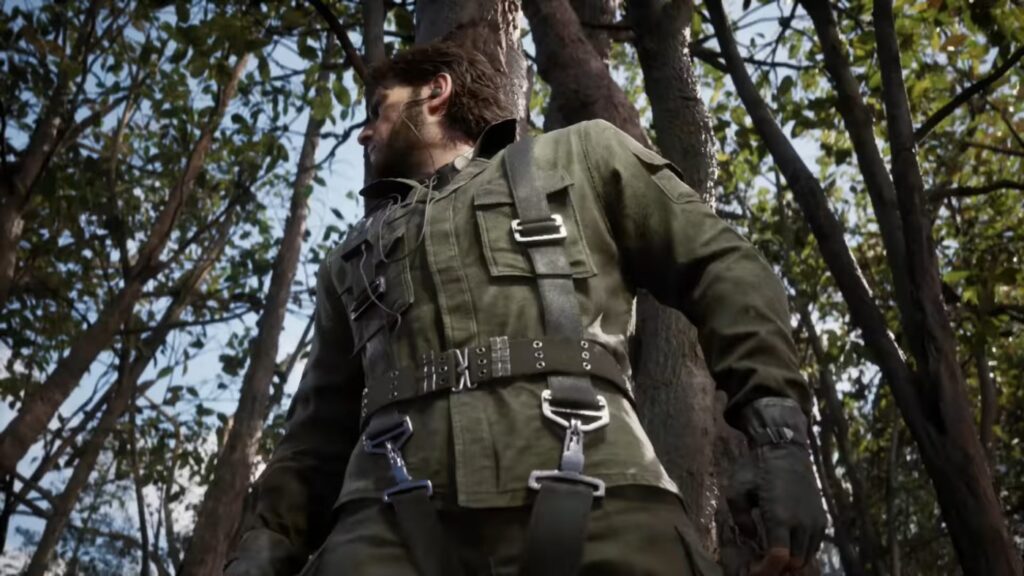
PC gamers are done being tourists in oversized maps. We want immersive open world games that remember us—worlds that grow, break, and rebuild because of our actions. That’s why modding communities are still the heart of the genre. They keep games alive long after the credits roll, from texture fixes to full-blown expansions.
Baldur’s Gate 3 stands as the ultimate case study. Community mods for open world games breathe endless life into it, while crossplay ensures everyone can join the chaos. PC players aren’t waiting for updates anymore—we make them.
It’s why replayability matters more than polish. The community is the new developer, and every bug fix or tweak is part of the evolving ecosystem. The patches don’t just fix the game — they reshape it. Mods fill in what studios missed, Reddit threads turn into unofficial design docs, and balance updates feel more like political debates than patch notes.
We’ve reached the point where players aren’t just testing systems, they’re rewriting them. Every exploit discovered, every fan-made overhaul, every “this mod fixes everything” post becomes part of the living DNA. The line between developer and player? Yeah, that got patched out a long time ago.
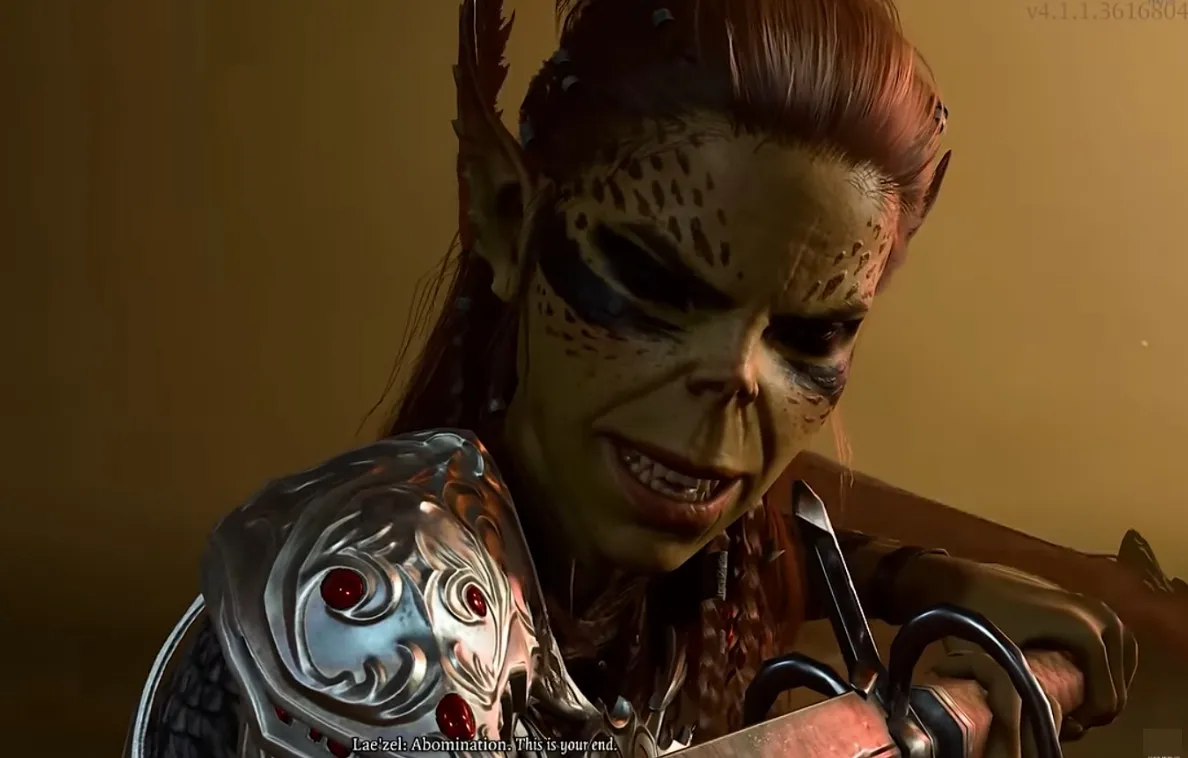
Open-world games didn’t just evolve, they adapted to us. What started as a chase for bigger maps became a pursuit of deeper meaning. Whether you’re micromanaging a frozen city in Frostpunk 2, testing morality in Kingdom Come: Deliverance 2, or surviving the dunes of Arrakis, you’re part of the simulation now.
The best open-world RPGs no longer guide, they react. They give you systems, freedom, and the chaos you secretly crave. Because in the end, the real evolution isn’t happening inside the code, it’s happening in how we play.
We stopped asking for direction and started writing our own. We learned that choice feels better than victory, and failure makes the story worth telling. The map isn’t the adventure anymore — it’s the mirror. Every quest, every moral fork, every “what if I just try this” moment reflects who we are when no one’s watching.
So yeah, the AI might be smarter, but the real upgrade was us.
Be honest — which open-world monster has swallowed your free time this week? Drop a comment below and explain what ‘freedom’ actually means in your favorite map full of invisible walls and fetch quests. Let’s see how far down this rabbit hole we can glitch.
Explore more open-world titles on Steam or dive into GDC’s deep-dive talks on open-world design to see where the genre heads next.
Advertisement
Advertisement
Advertisement
A high-end, no-nonsense guide to building the best 4K gaming PC without wasting money. Learn where real performance peaks and…
No GPU? No problem. These FPS games run on integrated graphics, office PCs, and older hardware, plus tips to squeeze…
This is your no-nonsense breakdown of Power Supplies Explained Wattage, Efficiency And Safety in plain English. No guesswork, no marketing…
Tired of free shooters that turn your PC into a space heater? These lightweight FPS games run smooth on weak…
Built to Game. Engineered for Tech. Your hub for the latest in Games, guides, and Gear.
News and special offers in your Inbox!
You have successfully joined our subscriber list.
©2019. Built To Frag. All Rights Reserved.
NB! BuiltToFrag is a participant in the Amazon Services LLC Associates Program… Also This site uses cookies from Google to deliver its services and to analyze traffic. Information about your use of this site is shared with Google. By using BuiltToFrag.com, you agree to its use of cookies. Learn more. .